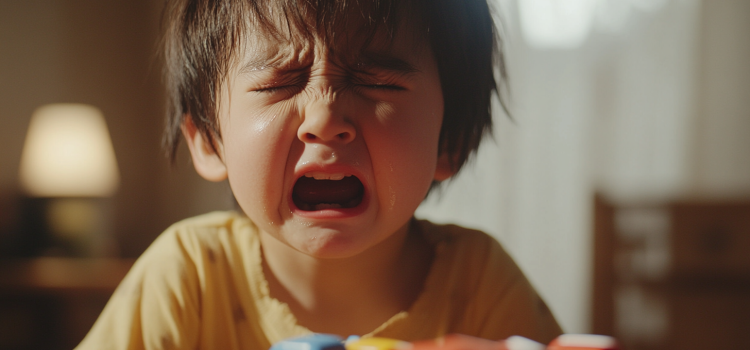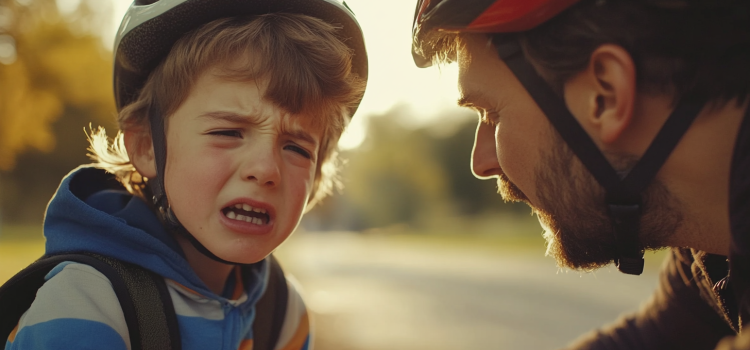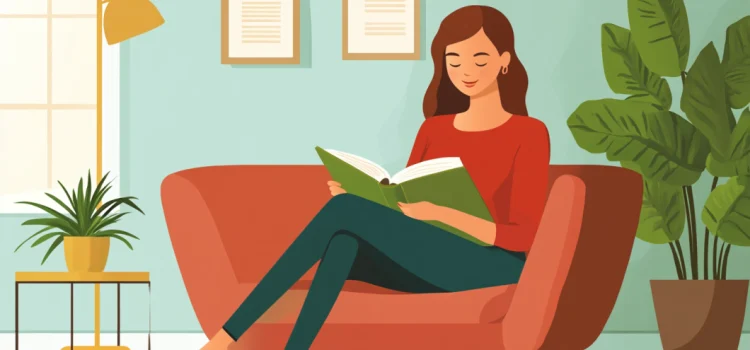What does it mean to have liberated relationships in today’s world? How can pleasure activism transform the way we connect with partners, friends, and family members? In her book Pleasure Activism, adrienne maree brown explores how relationships can become sources of genuine empowerment and joy rather than obligation. Her framework for liberated relationships encourages honest communication, mutual freedom, and the celebration of each person’s needs. Keep reading to discover practical ways to create more fulfilling connections that honor both your desires and those of the people you love.
Liberated Relationships: adrienne maree brown on Mutual Freedom










